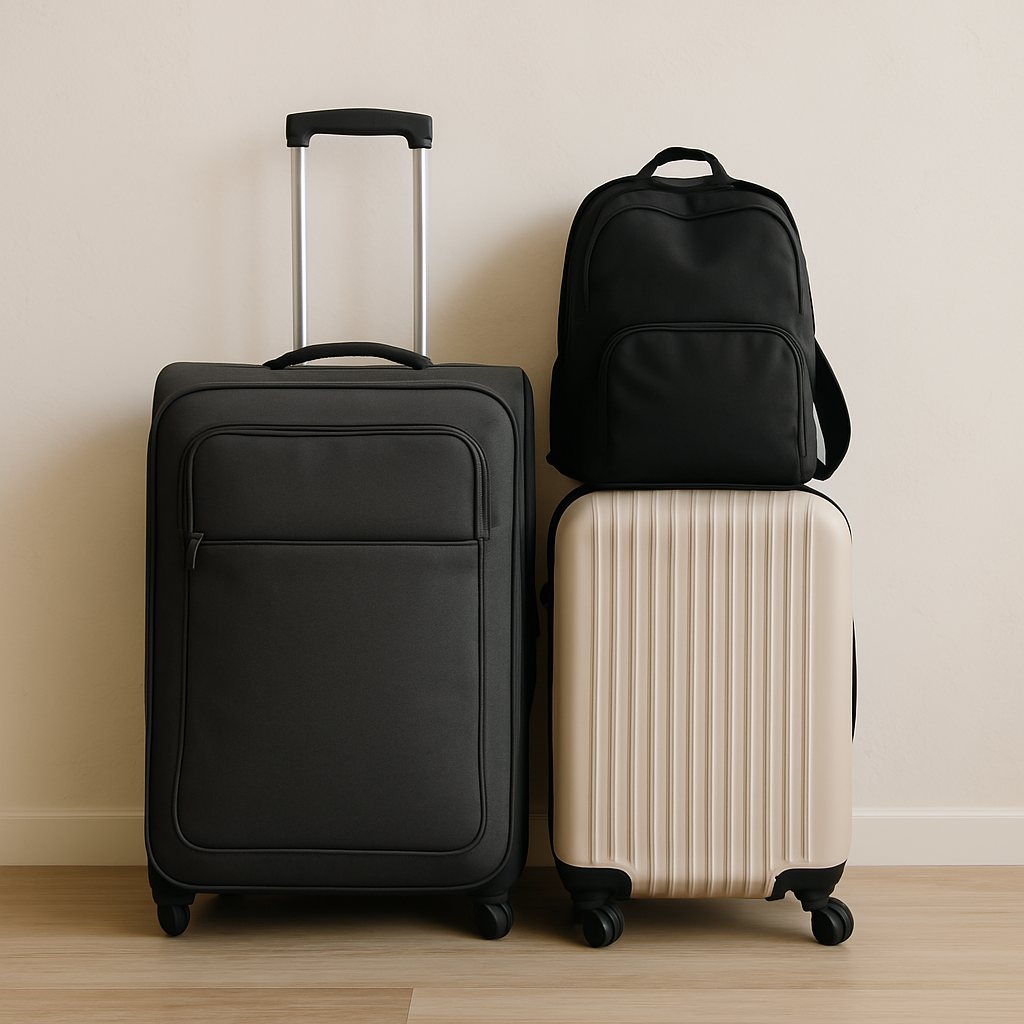Minimalist Lifestyle: Embrace Simple Living and Declutter Your Life

Nishanth S Coontoor
Whether you’re relocating to a new country or just trying to simplify your space, many of us encounter a point where we need to evaluate what we truly need. That’s where my journey toward the minimalist lifestyle began—completely unintentionally.
When I first moved abroad, I had just two 50-pound suitcases and a carry-on, packed with essentials—clothes, books, and snacks. My new home was a shared apartment, a far cry from the fully furnished comforts back in India. Shopping for furniture was out of the question—especially on a tight student budget of $600 a month.
Back then, every purchase had to be intentional. If I really needed a fan or a desk, I’d look for second-hand options or wait for a fellow student to move out. I remember a video call with my roommate’s parents, concerned we had no beds or mattresses. In their eyes, this was unacceptable. For us grad students, it was a practical choice. We prioritized travel and new experiences over a coffee table.
Over time, this conscious way of living became second nature. I stopped accumulating stuff for the sake of it. A laptop replaced a television. A single, comfy recliner replaced a bulky couch. I owned just two wine glasses—because that’s all I needed.
Without realizing it, I had started decluttering my life—a core concept of minimalism. But here’s the twist: I never identified as a minimalist. I simply bought things when I needed them and avoided hoarding.
Understanding the Minimalist Mindset
There are a lot of misconceptions about what it means to live a minimalist lifestyle. It’s not about being broke or disinterested in the finer things. It’s about intentional living—choosing quality over quantity and investing in items that add long-term value to your life.
Being what I now call an adaptive minimalist, I still make room for comfort. If guests are a regular occurrence, I won’t hesitate to invest in a good-quality sofa-cum-bed. And yes, I dream of owning a classy cabinet filled with vintage china—but that can wait.
The Real Benefits of Minimalism
- Freedom from clutter – You feel lighter, more in control, and less overwhelmed.
- Mobility and flexibility – Moving becomes easier when you don’t have excess baggage—literally.
- Clearer priorities – You start to differentiate between what’s essential and what’s not.
Living with less doesn’t mean living without. It means living better.
So, where do you stand? Are you a minimalist? A conscious consumer? Or just starting to explore the world of simple living?
Whatever your stage, just make sure it makes you happy.